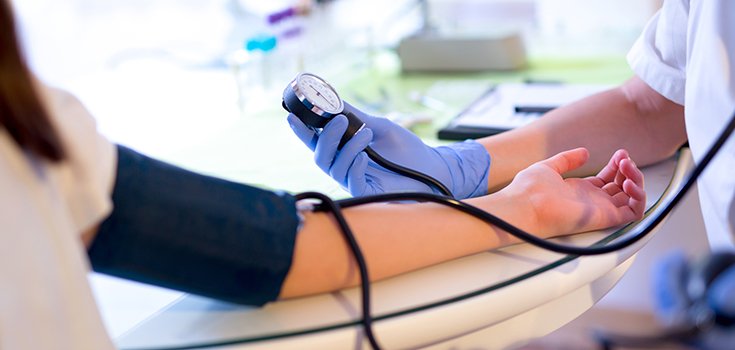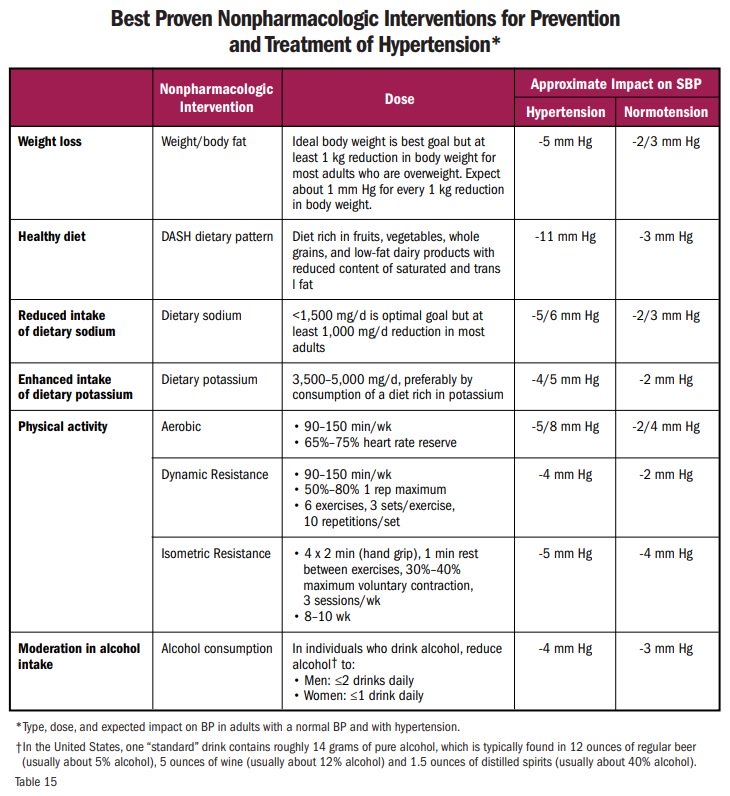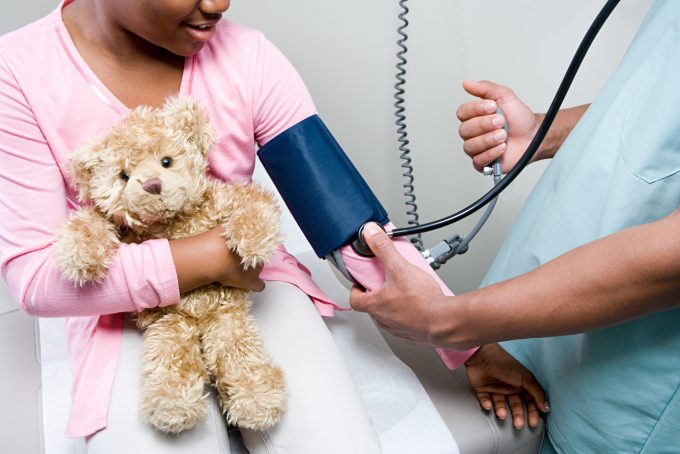Under New Guidelines, Millions more Americans Have High Blood Pressure

In a recently published study, scientists warn that new guidelines for high blood pressure would send the number of people considered hypertensive soaring. [1]
New guidelines released by the American College of Cardiology and the American Heart Association have lower values for what is considered high blood pressure, and a lower threshold at which hypertension medications would be recommended.
When researchers from the Yale School of Medicine analyzed nationally representative data from adults aged 45-75 in the United States and China, they realized that if both countries adopted the new guidelines, more than half of those in that age group would be considered hypertensive and would be prescribed a blood pressure-lowering medication.
Under the guidelines, some 70 million Americans in this age group (63%) would be diagnosed with high blood pressure – an increase of 27% from the previous guidelines. In China, 267 million people in this age group (55%) would fall into the same category.
But the authors noted that the study only looked at one age group, so potentially millions more people might also be considered hypertensive and in need of treatment.
Drawing Conclusions from the Data
- First, millions of people would be psychologically impacted by learning they now magically have a disease.
- Second, many blood pressure medications come with nasty side effects, so newly diagnosed adults would face risks posed by unnecessary treatments.
- Third, where will the extra resources and infrastructure needed to deal with an onslaught of new hypertension patients come from?
Untreated hypertension can lead to life-changing – and life-ending – health problems, after all. High blood pressure can damage the blood vessels and organs including the heart, the brain, the kidneys, and the eyes. Over time, the damage can lead to heart disease and stroke.
The hope is that the newfangled guidelines will catch hypertension in its infancy and prevent it from worsening and causing catastrophic damage.
The good news is that if hypertension is caught early enough, pharmaceuticals won’t be needed. Instead, weight loss, a healthy diet, and physical activity can be recommended to solve the problem before patients need to start popping pills.

But there’s also bad news … or good news, depending on how you look at it.
More Kids Have High Blood Pressure
The percentage of kids with high blood pressure declined between 2001 and 2016, according to the U.S. Centers for Disease Control (CDC). [2]
Ah, but that was before new guidelines issued by the American Academy of Pediatrics (AAP) were released in 2017, which lowered the threshold for a diagnosis of high blood pressure in those under 19 years of age.
Now, an additional 795,000 kids are considered hypertensive – including 1 in 7 U.S. teens – and you know what that means: more kids taking pharmaceuticals. $$$
Dr. Rachel Bond, who helps direct women’s heart health at Lenox Hill Hospital in New York City, said:
“The new hypertension guidelines have reclassified those young patients who previously were considered to have ‘normal’ blood pressure to now fall under the category of high blood pressure.”
But, as is the case with adults, good can certainly come from this. The earlier someone is diagnosed with high blood pressure, the sooner they can be treated for it, hopefully with diet and lifestyle changes. If you think about it, the lower threshold could prevent an overflow of sick adults in the future.
Read: 6 Natural Solutions for High Blood Pressure
And there’s even more good news. Researchers believe the drop in hypertensive kids between 2001 and 2016 was a result of – at least partly – “improved diet quality or improved [blood pressure] screening, and earlier lifestyle or pharmacological interventions,” according to Sandra Jackson, a heart researcher at the CDC’s National Center for Chronic Disease Prevention and Health Promotion.

For example, many U.S. schools have worked to reduce the amount of sodium- and fat-filled items from their menus (though not all scientists believe that sodium causes hypertension). Things have been improving, though it’s not immediately apparent by glancing at the AAP guidelines. And now physicians have an opportunity to nip hypertension in the bud before it can cause serious health problems.
Dr. David Friedman, who directs heart failure services at Northwell Health’s Long Island Jewish Valley Stream Hospital, New York, said:
“Screening and intervening on risk factors for heart disease earlier in life can make a big difference in trying to reduce future risk.”
Bond agreed, adding:
“Although children don’t usually suffer the consequences of high blood pressure in the pediatric years, if left untreated, high blood pressure, also known as the ‘silent killer,’ can result in multiple complications later on in life.”
Sources:
[1] Newsweek
[2] HealthDay
